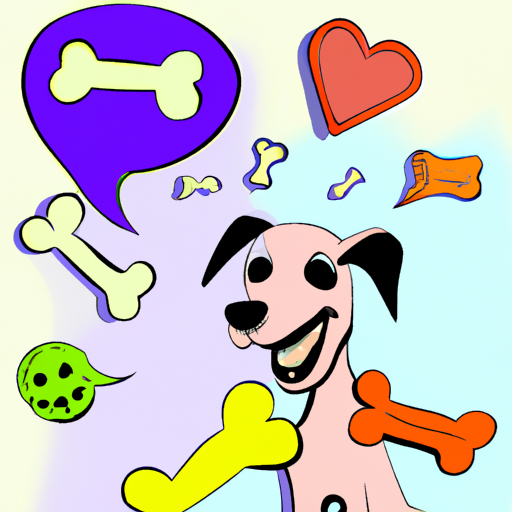Understanding Canine Psychology
First and foremost, let’s delve into the mind of your furry friend. Why do dogs like chew toys? Isn’t it a mystery that’s been boggling your mind for a while now? Well, the answer lies in their instincts. Dogs, like their wild ancestors, are natural predators, and chewing serves as a basic survival instinct.
- Teething: Puppies, similar to human babies, undergo a teething phase. Chew toys can provide relief from the discomfort associated with teething.
- Oral Health: Chewing helps in maintaining good oral hygiene for dogs. It helps in the removal of plaque and prevention of gum diseases.
- Mental Stimulation: Chewing is not just a physical activity but also a mental one. It helps keep your dog’s brain engaged and ward off boredom.
Keep in mind though, not all chew toys are made equally. The appropriate chew toy depends on your dog’s size, age, and chewing habits.
The Importance of Chew Toys for Dogs
Chew toys play a crucial role in a dog’s life. They’re not just a source of entertainment, but also contribute to their overall health and well-being.
- Behavioral Training: Chew toys can be used as effective tools for behavioral training. If your dogs are chewing on furniture or shoes, redirecting them to chew toys can help break this habit.
- Anxiety Relief: Dogs often chew when they’re anxious or stressed. Chew toys serve as a comfort object, helping to soothe their nerves.
- Exercise: Chewing is a form of exercise for dogs, keeping their jaws strong and healthy.
| Benefits of Chew Toys | Explanation |
|---|---|
| Dental Health | Chewing helps clean teeth and gums, reducing the risk of oral diseases. |
| Mental Stimulation | Chew toys keep dogs mentally engaged, preventing boredom and destructive behaviors. |
| Physical Exercise | Regular chewing exercises jaw muscles, contributing to overall physical health. |
Choosing the Right Chew Toys
Choosing the right chew toy for your dog can be a daunting task, given the multitude of options available in the market. Here are some factors you should consider:
- Size: Choose a toy that is appropriate for your dog’s size. A toy that is too small can be a choking hazard, while a toy that is too large may be difficult for your dog to manipulate.
- Material: The material of the toy should be durable enough to withstand your dog’s chewing power, but not so hard that it could damage their teeth.
- Safety: Make sure the toy is free from small parts that could be swallowed and doesn’t contain any toxic materials.
Caring for Your Dog’s Chew Toys
Proper care and maintenance of your dog’s chew toys are essential to ensure their longevity and your dog’s safety. Here are some tips:
- Clean your dog’s chew toys regularly to prevent the buildup of bacteria and maintain hygiene.
- Inspect the toys for any signs of wear and tear. Damaged toys can pose a choking hazard and should be replaced promptly.
- Rotate the toys every few days to keep your dog’s interest alive.
FAQ
Q: How often should I replace my dog’s chew toys?
A: It depends on how aggressive a chewer your dog is. Regularly inspect the toys for damage and replace them as needed.
Q: Can chew toys replace dental cleaning for my dog?
A: No, chew toys can help maintain oral health, but they should not replace regular dental check-ups and cleanings.
Q: Are chew toys safe for all dogs?
A: Most chew toys are safe, but you should always supervise your dog while they’re using a chew toy, especially if they’re a powerful chewer or a puppy.
Remember, your love and vigilance as a caregiver can make all the difference in your furry friend’s life. Choosing the right chew toys and caring for them appropriately is just one way to show your love.



